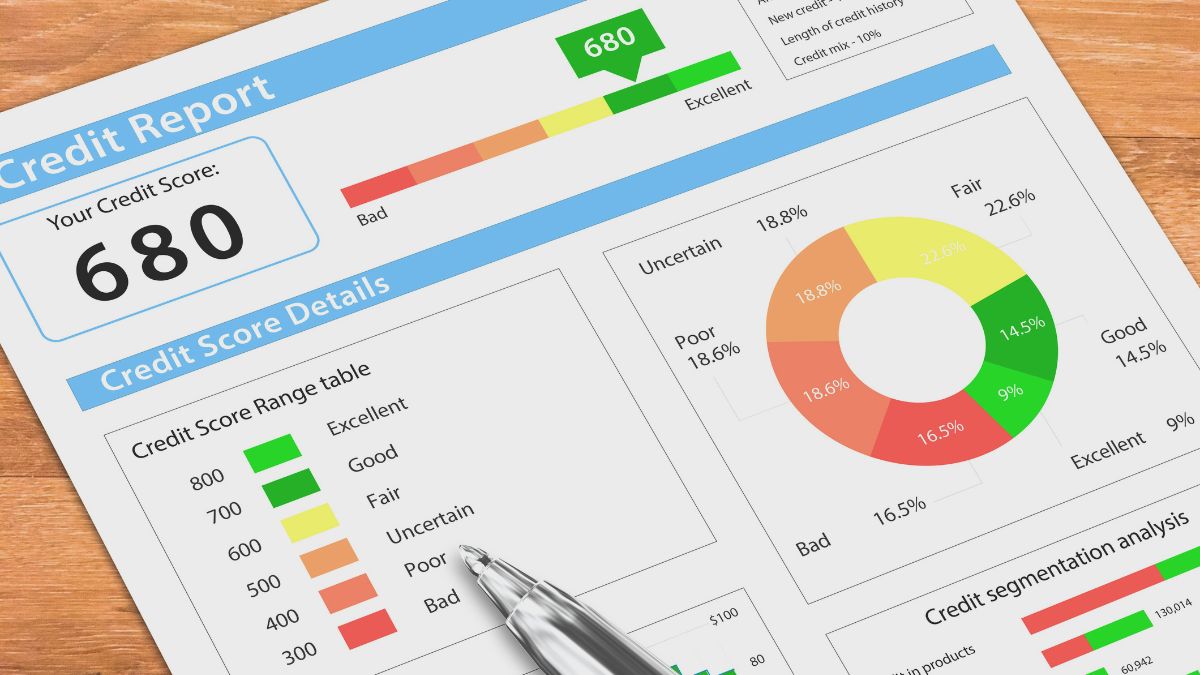In today’s financial landscape, a good credit score is the key to unlocking many doors. Whether you’re applying for a mortgage, seeking to finance a new car, or even looking to rent an apartment. Your credit score can significantly impact your options. Here are several strategies to help you raise your credit score and maintain excellent financial health.
Review Your Credit Reports Regularly
The first step to improving your credit score is knowing where you stand. You’re entitled to a free credit report from each of the three major credit bureaus—Experian, TransUnion, and Equifax—once every 12 months through AnnualCreditReport.com. Reviewing your credit reports regularly allows you to identify and dispute any errors or inaccuracies, which can negatively impact your score. You can also sign up to a credit monitoring service that will provide you with access to your scores and alerts when something changes.
Pay Your Bills On Time
Your payment history is the most significant factor affecting your credit score, accounting for 35% of your FICO score. Late payments can stay on your credit report for up to seven years. To avoid this, set reminders for due dates or, better yet, automate your payments to ensure you never miss a deadline. For some, having a spreadsheet with each bill and when they are due helps to build awareness and habit.
Reduce Credit Card Balances
Your credit utilization ratio—the amount of credit you’re using compared to your total available credit—should be below 30%. High utilization can signal to lenders that you’re over-reliant on credit, negatively affecting your score. Paying down credit card balances not only improves your utilization ratio but also saves you money on interest. An interesting finding is that if you pay your balances off 100% before your balances are reported back to the credit bureaus, that can have a negative impact on your score.
Avoid Opening Too Many New Accounts at Once
Each time you apply for a new line of credit, a hard inquiry is performed, which can temporarily lower your credit score. Opening several new accounts in a short period can signal risk to lenders. If you need to open new accounts, try to spread out your applications.
Keep Old Accounts Open
The length of your credit history contributes to your credit score. Closing old credit accounts can shorten your average credit history, potentially lowering your score. Unless there’s a compelling reason, such as a high annual fee, it’s usually best to keep old accounts open. Credit card companies close accounts for inactivity, so be sure to use them every 3-6 months.
Consider Diverse Types of Credit
Having a mix of credit types such as credit cards, auto loans, and a mortgage can positively affect your credit score. It shows lenders that you can manage different types of credit responsibly. However, don’t take on debt unnecessarily. Only apply for and use credit as needed.
Address Delinquencies and Collections
If you have accounts in collections or have missed payments, work on paying those off as soon as possible. Consider negotiating with creditors to settle debts or create a payment plan. Once settled, these accounts will still appear on your report but will no longer impact your score negatively.
Consider Credit Repair
Learn about credit repair. Yes, this is not a normal recommendation. However, by learning the business you learn how to work with the three major credit bureaus. You will be able to fix your credit and others and eventually make a business out of it.
Wrap Up
Improving your credit score is a process that requires patience and discipline. When you follow these steps, you can make significant strides toward financial stability and access better borrowing terms in the future. Remember that maintaining a good credit score is an ongoing effort, so continue to monitor your credit and manage your debts wisely. Check your financial wellness here.






